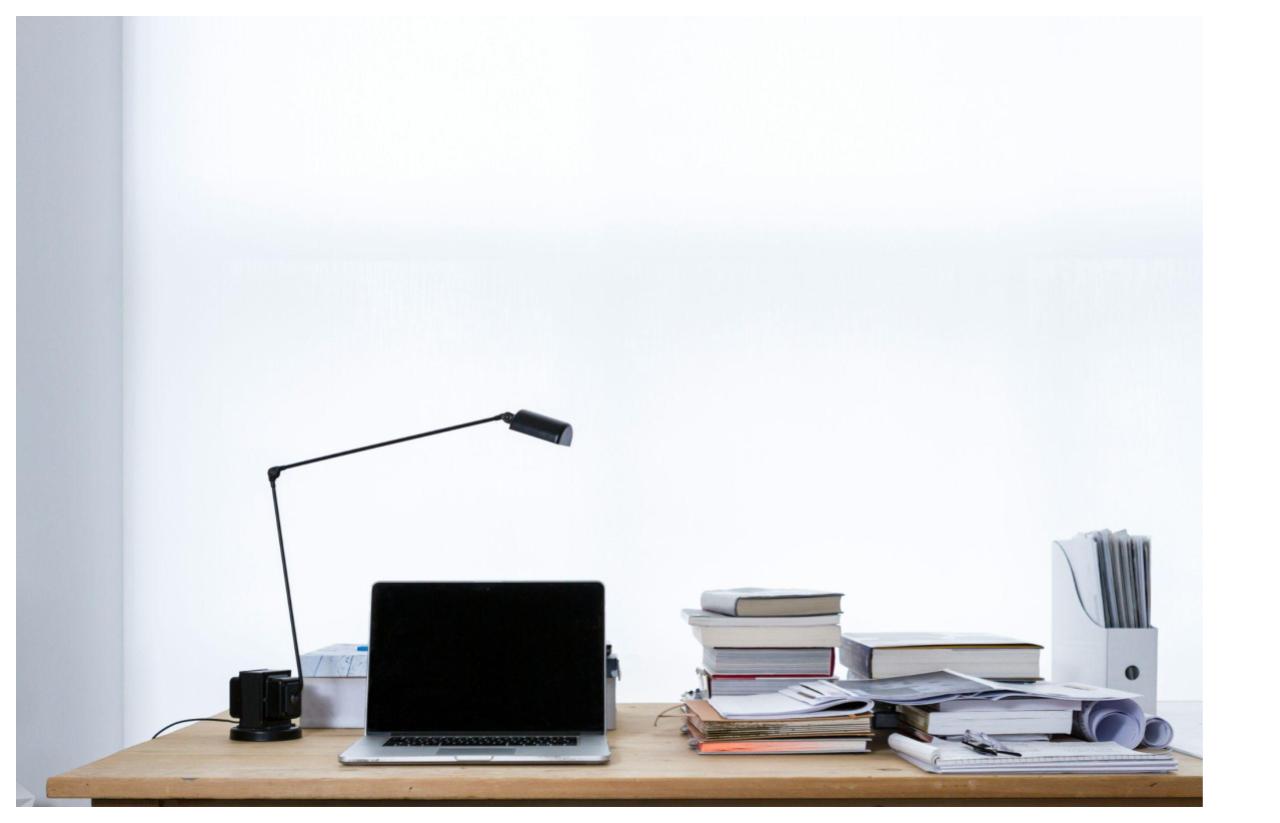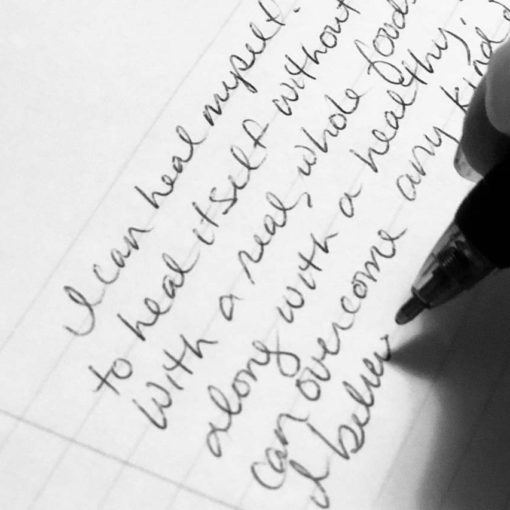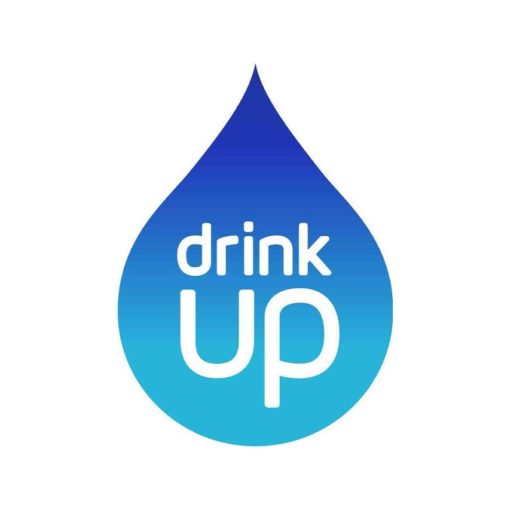Podcast: Play in new window | Download (9.3MB)
Subscribe and don't miss an episode! Apple Podcasts | Spotify | Android | iHeartRadio | Deezer | RSS
Debbie and Wendy share their strategies for tackling clutter in a mindful and intentional way. Debbie emphasizes starting small, dedicating five minutes a day to organizing, and promising oneself a win. Wendy highlights the importance of having an accountability partner and taking small steps towards a goal. Both agreed that letting go of unnecessary items can lead to a more organized and peaceful living space, and that clutter can contribute to anxiety.
Transcript
Debbie 00:39
It is spring as of this recording.
Wendy 00:43
And we have lots of clients talking about cleaning up.
Debbie 00:48
Yeah, cleaning up clutter, getting rid of stuff.
Wendy 00:54
Too much stuff truly causes anxiety. There’s a direct connection with piles of stuff. And it might be wonderful stuff. It might be valuable stuff. It might be wonderful memories. But stuff accumulated in corners and drawers and in closets can cause anxiety, it can really stress us out. When we’re stressed, our hormones get all wonky, our metabolism gets all wonky.
Debbie 01:31
Let me step back for a moment, because this is such a natural human trait to collect stuff. I always go back to our roots back in the day, 100,000 years ago, when we didn’t have a lot of stuff. And so we had the urge to collect things that we needed to live and survive. That is built into our DNA and we still haven’t evolved out of that. And so we end up with too much stuff. It’s just this human nature to do it. And before we know it, we look around and we’re like, How did we get here?
Wendy 02:09
We have a couple of clients who have inherited stuff from grandparents, and then parents, and it’s hard to go through someone else’s stuff, let alone your own. So when we’re in the sandwich generations, you know, maybe the kids haven’t left yet, and their rooms are still full of all their stuff. Maybe we have boxes of kids memorabilia, their arts and crafts projects, or their report cards and that sort of thing. I know, my mom and dad are doing a lot of purging themselves. And I got a box full of that material. And I was going through it. It really held some fond memories. So I took a couple pictures. And then I got the shredder out and it felt really good.
Debbie 03:03
And it may not only be stuff that other people gave you, I’m looking at my home office right now. It does cause me anxiety, because it’s cluttered with a whole bunch of stuff. There are some things that were handed down to me, but most of it is things that I’ve accumulated over the years. Our generation is between worlds in that we used to do all things on paper. And we’ve moved so much stuff online or on the computer or virtual stuff that I don’t know why I’m still holding on to so much paper. But it’s there, there’s so many things that I just need to let go of. It’s a powerful practice to let go. And I think it’s something that is always a message in my mind – in so many different areas, not just about stuff, but letting go. And it always always, always feels good.
Wendy 04:02
It does feel good. And I want to go back to these piles because you and I are wired a little bit the same way. I think it’s really important this conversation between paper and computer. And I’m not going to get rid of my cookbooks. Right? I might purge a couple a year, right? For cookbooks, there’s so much value in holding the paper copy. And so I’m bringing that up because I’m looking around my office and I have to make some decisions. I’ve got these cutouts from newspapers and from magazines. I’m like, Oh, that would be a good blog post or that would be good for a podcast.
It’s trying to discern what’s valuable, what’s not and what’s practical, what’s not. And there’s a lot of decision making. You know, there could be some decision fatigue. Yeah, that’s what feels overwhelming for me when I look at my office and all the accumulation of stuff. It’s the decision making that needs to happen.
Debbie 05:10
Right. And I’d have to say the biggest difficult part for me, in letting go of all this stuff is not the actual moment when I decide to let go. It’s the approaching the piles, or the clutter, or whatever it is, and actually starting to do it. Because when you look at it, it’s so big.
Wendy 05:36
Well, I think you just named another human nature, for all things health and wellness. If someone is looking to approach a new habit of maybe working out or going to the gym or moving more by going for walks, the idea that you’re this age, and you haven’t moved for this many months or this many years. Just the idea of starting is overwhelming. And so our number one tip for whenever we feel overwhelmed, with either food choices, or movement choices, or sleep choices, or clutter choices. Our number one tip is to start super small. Baby steps. Because once we make a couple of baby steps, the feeling of relief of just starting. Dana always says “The hardest part is opening the front door of the gym.” That’s actually the hardest part.
Start small when decluttering and organizing
Debbie 06:45
It really is. And so what I’ve done in the past works, and I’m teaching myself again today, because I’m sitting here looking at all this stuff and saying, Okay, I’m going to do this – I’m going to take just five minutes today, because everybody has five minutes, no matter how busy you are. I’m going to just dedicate five minutes, maybe I’ll set a timer just start. And then maybe tomorrow, I’ll do another five minutes. Maybe that five minutes will turn into 10 minutes or 15 minutes if I get into a flow, and that’ll feel really good, too. So it’s just that promise, and maybe it’s less than five minutes if it’s that overwhelming. But the idea is to really just get yourself in that gym door, just that five minutes of whatever it is, just promise yourself, I can do this for one minute, two minutes, five minutes, whatever it is. And that’s a win.
And when you have a win, it’s motivating, and it helps you move forward again.
Set a timer and dedicate 5 minutes to starting the decluttering process.
Wendy 07:44
100% I love it. Just having this conversation makes me look around and feel inspired. And we hope it inspires you our listener as well. I want to move into the kitchen now because we have a client who just recently cleaned out her spice cabinet not too long ago. But she felt so motivated. And she started with spices for whatever reason and then moved on to another cabinet. She felt lighter – literally. When I did the same thing, I found spices from when I first moved into my home from 27 years ago that I would never buy today, stuff with MSG and artifical flavors, and all these additives and preservatives. It was really an interesting exercise.
Debbie 08:31
It does feel so good when you actually start to organize and purge and let go. And that feeling are endorphins. That’s the dopamine rush and the endorphins. So there is a reward for it, not only that you’re clearing out, but it actually feels really good to if you can just promise yourself to get started in one or two minutes, five minutes, just get started. And you’ll get that little reward, we promise.
Wendy 09:07
Okay, so with that in mind, I also like the idea of having a buddy system on something like this. You and I can be each other’s coaches and accountability partners. And we could set our alarms. Yes, minutes after we finish this podcast, and then check in with each other later and see how it works.
Check in with each other via WhatsApp, email or message to report on progress and stay accountable.
Debbie 09:32
Yes, that’s exactly what we do. We’re each other’s coaches. And when we are coaches to other people, that’s what we do. We’re accountability coaches. So it’s a matter of just a little ping on WhatsApp, or an email saying, Hey, did you do the thing that you said you were gonna do? And it really helps to have someone who has your back.
Wendy 09:55
It’s like showing up at the gym. We had this conversation with a 90 year old man recently, hopefully you have heard that podcast – and he loves going to the gym. And it’s because it’s a social connection. And even if it’s over text or email, there’s a social connection with knowing that someone else is thinking about you and eager to cheer you on for for your success.
Debbie 10:23
All right, set your timer, get going.
Wendy 10:25
Just start. If you want to check in and let us know, send us a note. Follow us on Facebook, follow us on Instagram. Get in touch with us through our email and share us.






